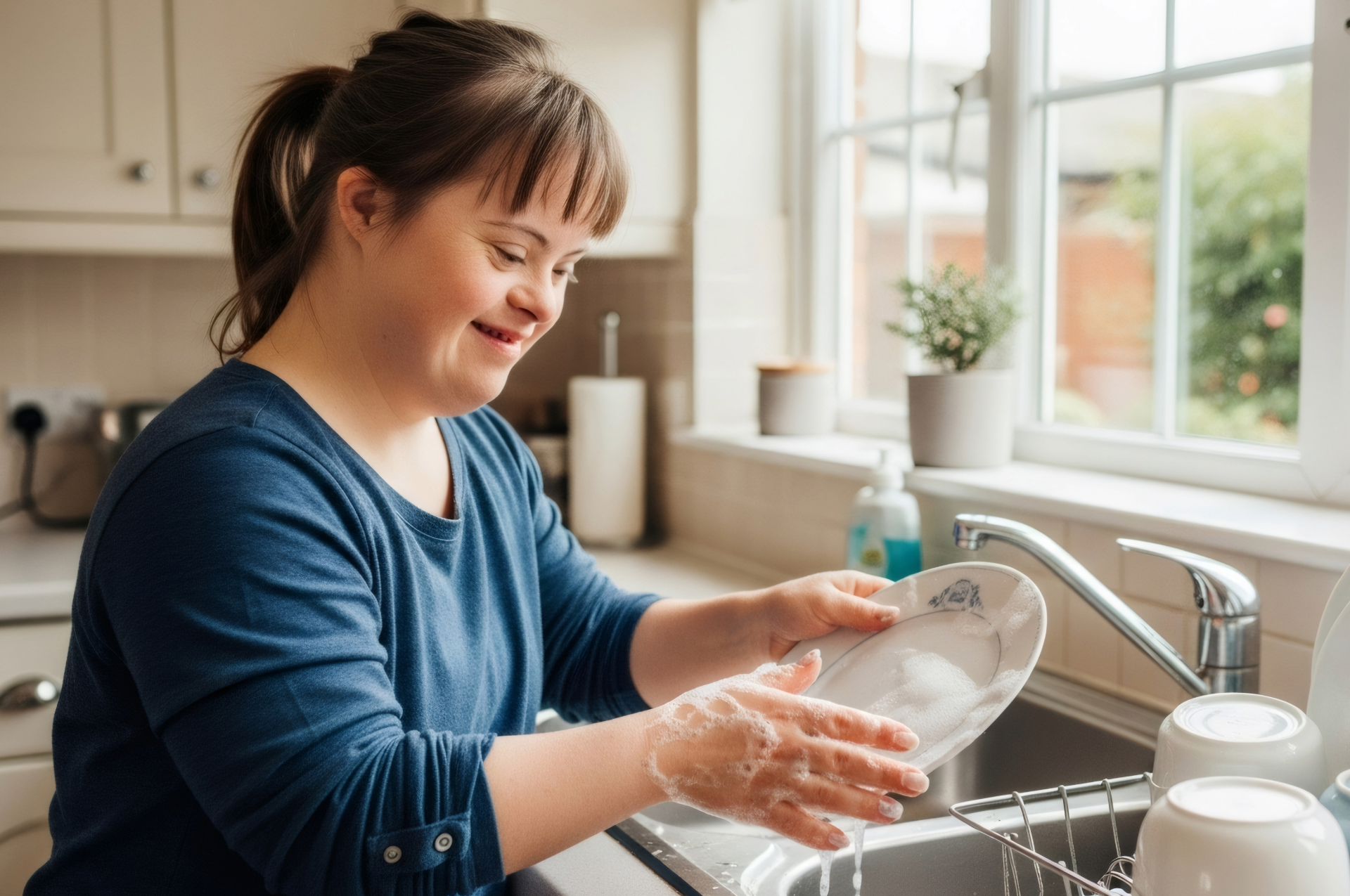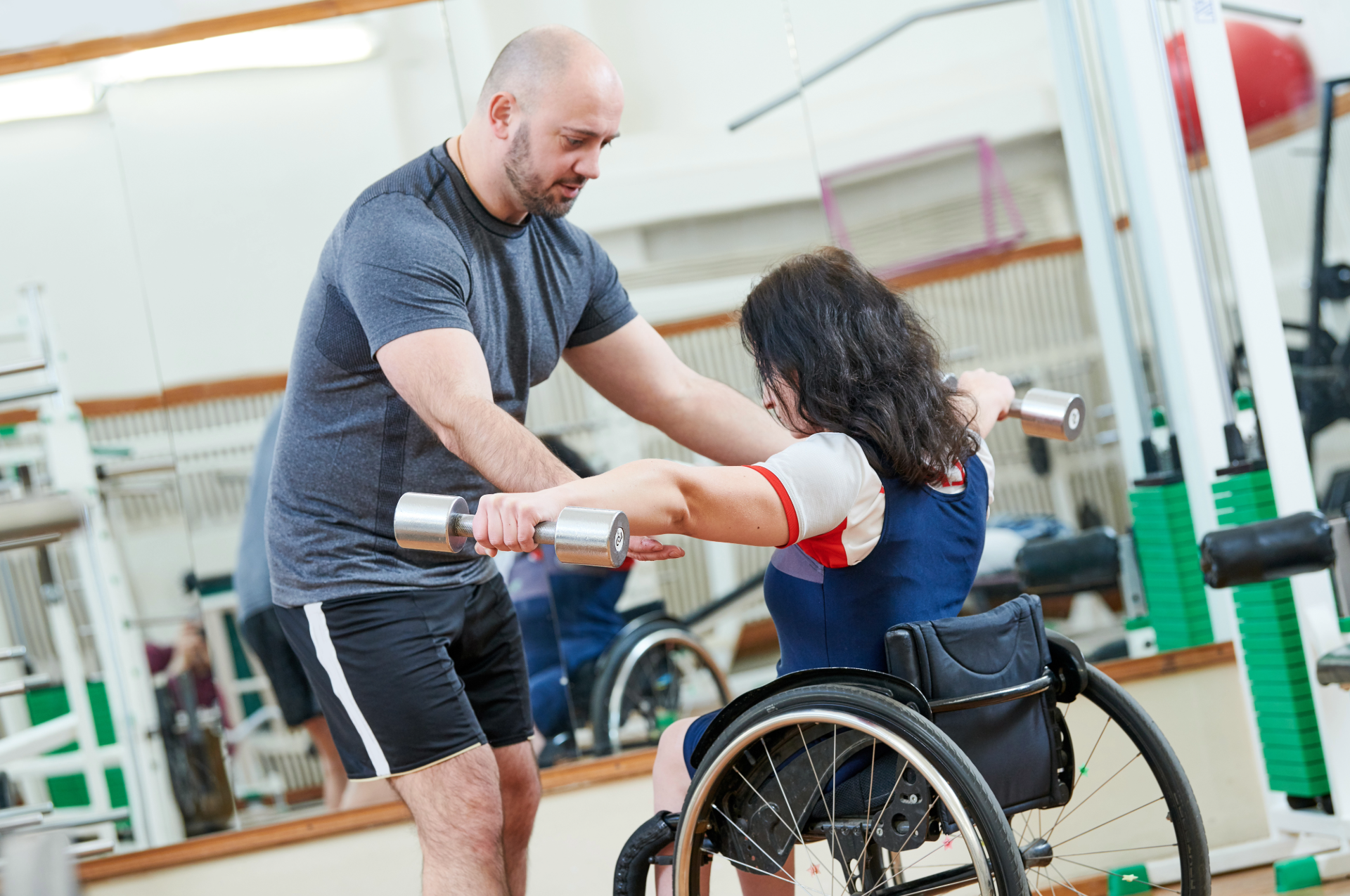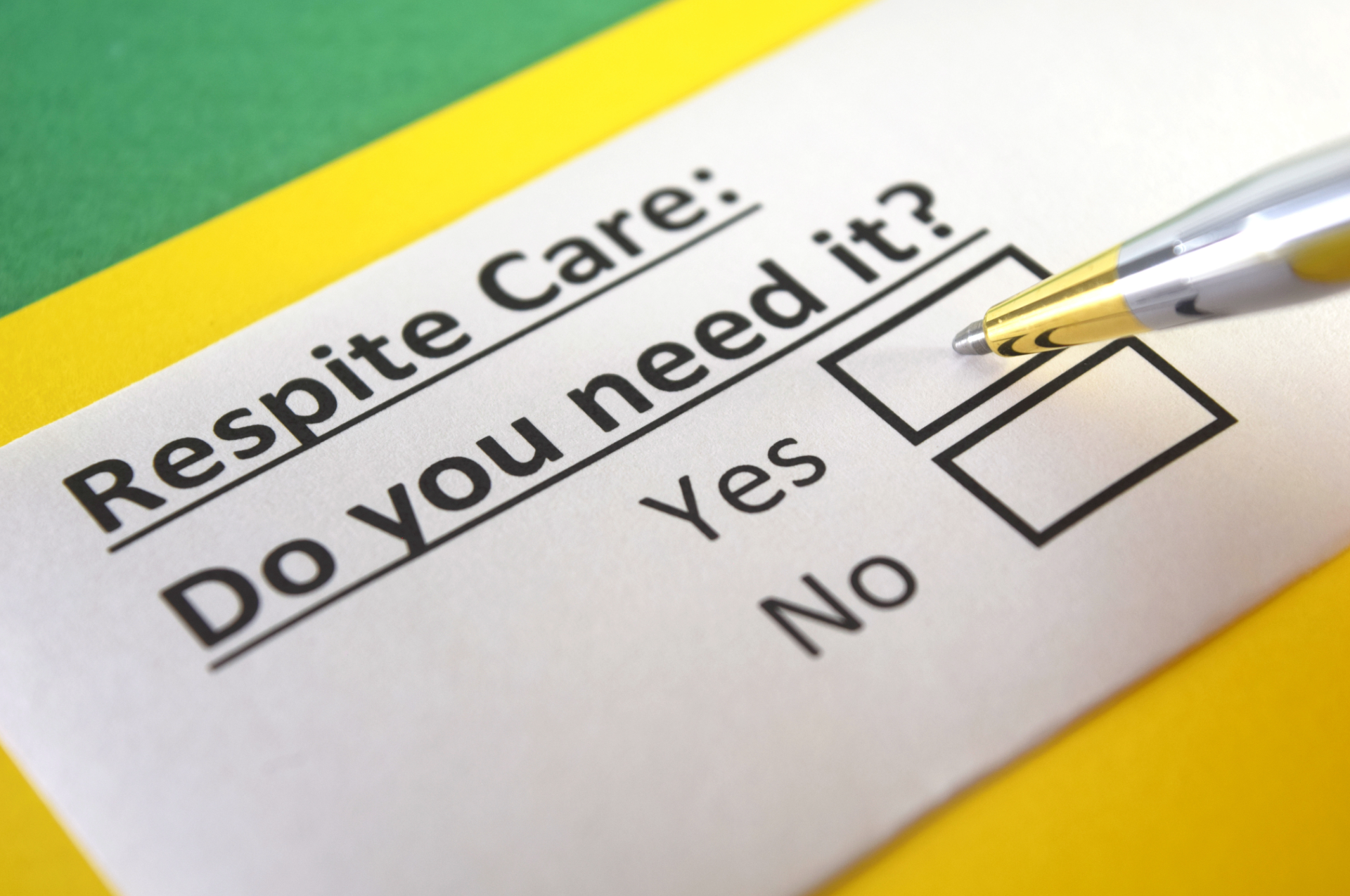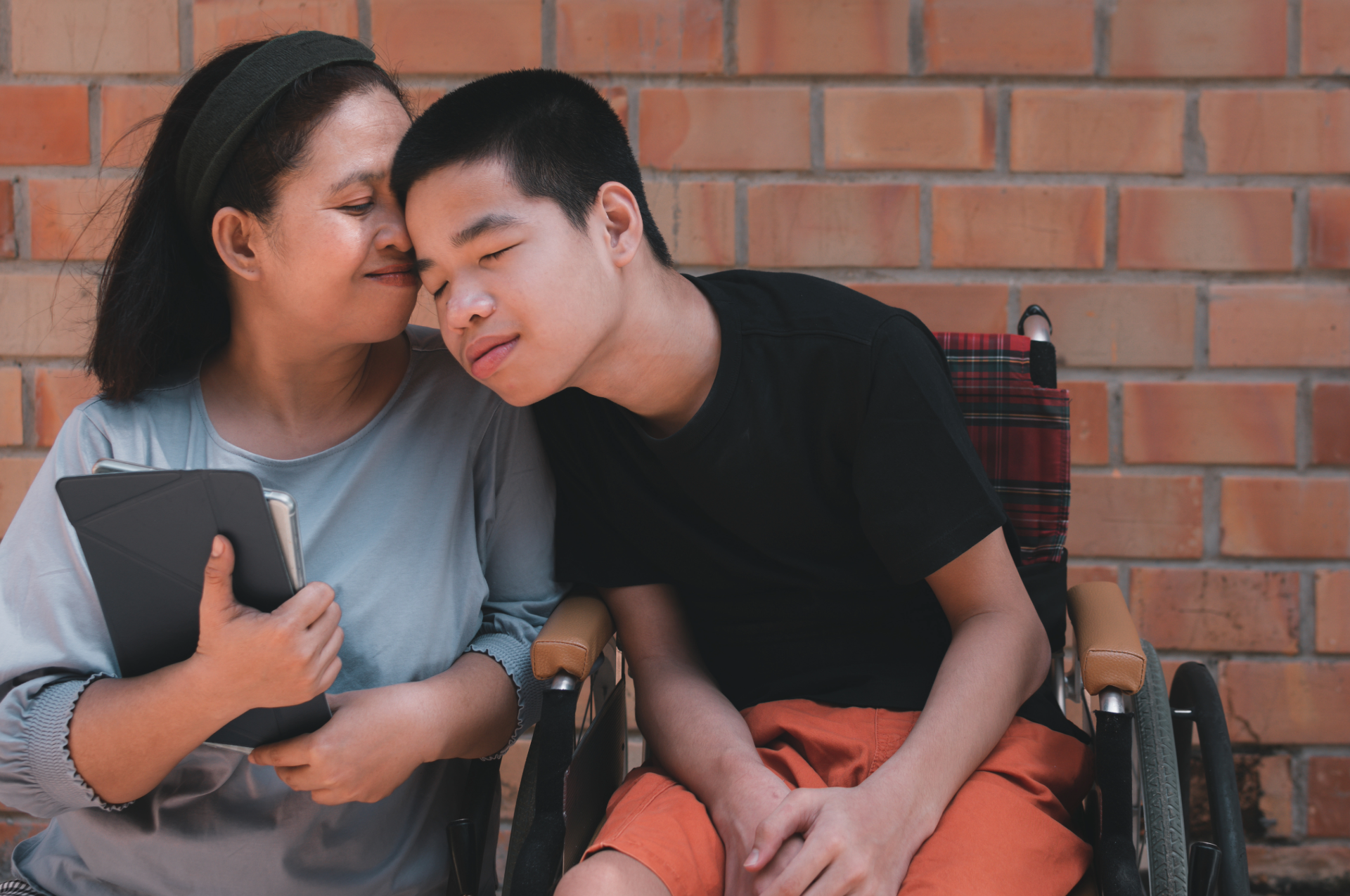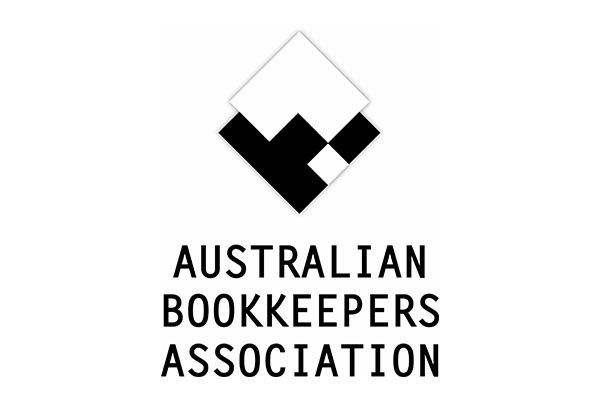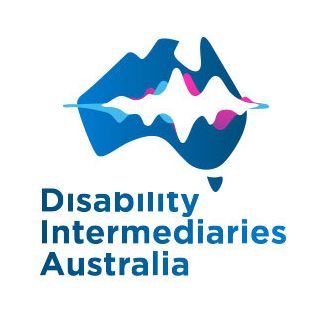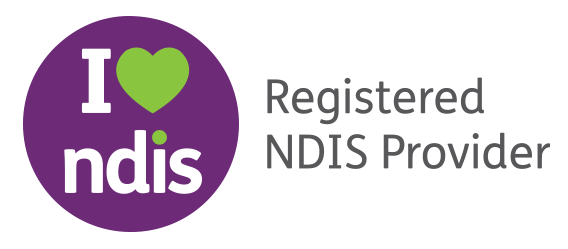Participant Enquiries
NDIS Short-Term Respite: Support for Participants and Carers
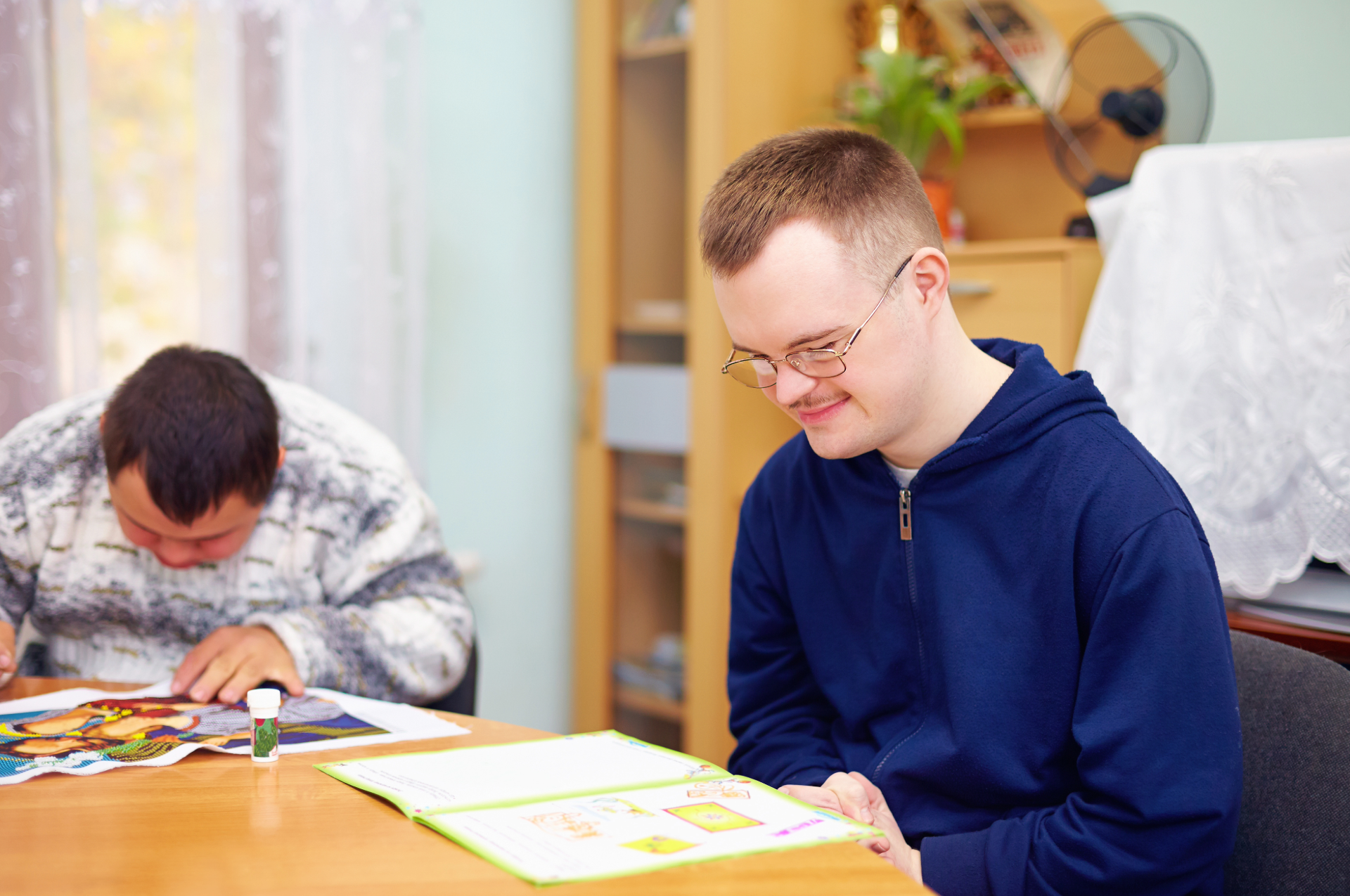
Everyone needs a break sometimes. For NDIS participants and their carers, Short-Term Respite provides that important pause.
It offers short-term, supported care in a safe environment, allowing participants to try new experiences, build independence, and connect socially, while carers can take time to rest and recharge.
What Is Short-Term Respite (STR)?
Short-Term Respite (STR) allows participants to have time apart from their primary informal supports, the family and friends who give unpaid, daily disability-related care.
It provides temporary support and accommodation (for at least one night) in a safe environment, giving everyone a chance to reset and continue their usual arrangements.
STR is most often used when:
- A participant’s usual carers are unavailable,
- A participant wants to build confidence and independence in a new setting, or
- A short break will help sustain ongoing informal care and support arrangements.
You can use Short-Term Respite for up to 14 days at a time, and generally up to 28 days per year.
How STR Works
You can choose from a range of stationary accommodation options in your home state or territory (e.g., respite facility, hotel, motel, short-stay rental, cabin, cottage, homestay, or even your own home). It can’t be used for cruises or tours, and it’s not a holiday product.
Short-term respite can include:
- Accommodation that is clean, comfortable, and includes the accessibility features you need.
- Personal care and supports to help you do daily activities (e.g., getting ready, cooking, eating and drinking, cleaning, and chores).
- Supports to help you take part in community, cultural or social activities (the support itself is funded, not the activity fees).
You can also use STR in your own home or a homestay arrangement. In those settings, the NDIS funds only the supports you need, not the accommodation. Homestay with friends or family isn’t funded (that’s informal support).
What STR Funding Covers
Under STR, participants may be supported through:
- Accommodation for STR (except when STR takes place in your own home or a private homestay—then only supports are funded).
- Personal care and daily living supports you usually receive from informal supports.
- Support to participate in community/social/cultural activities (not the activities’ fees).
- Support worker accommodation when the worker must stay with you to deliver required supports (e.g., overnight).
What STR Funding Does Not Cover
While STR provides valuable support, it has clear funding boundaries.
NDIS STR funding
does not cover:
- Holidays or tourism costs, including cruises, holiday packages, interstate/overseas holiday accommodation, airfares, passports/visas, travel insurance, activities, or meals.
- Activities and entry fees (for you, your supports, or your informal supports) unless included in a centre/group STR daily rate.
- Food and groceries (day-to-day living costs).
- In centre/group STR, meals may be included in the daily rate if it aligns with NDIS Price Limits.
- In individual settings (e.g., hotel), meals cannot be included in the STR rate and must be paid with your own money.
- Transport to and from the STR location if you can travel independently. (You can use your separate transport funding in Core if applicable; additional help may be considered for very remote travel.)
- Housing crises, waiting for home modifications (MTA may be more suitable), or duplication with other funded supports.
How the NDIS Decides If STR Is Funded
All STR must be reasonable and necessary. The NDIA looks at whether STR:
- Relates to your disability support needs and you live with/get daily drop-in support from your primary informal supports who provide >6 hours/day of active, disability-related support on a long-term basis.
- Helps you pursue your goals and participate in the community.
- Is value for money, effective and beneficial, and appropriate given how much support your informal supports provide.
- Is an NDIS support (i.e., not a mainstream/community/parental responsibility or a general living cost).
STR won’t usually be funded if, for example, you live alone independently without drop-in supports; you receive >18 hours/day of paid in-home supports; you’re not having a break from primary informal supports; you’re in SIL; you have ILO primary/supplementary supports; or you’re using it for day-to-day costs (rent, utilities), holidays, or to replace mainstream/community responsibilities.
Support for Children
STR provides temporary relief for families caring for children under 18 with high disability-related needs. This funding doesn’t cover typical parenting duties like feeding, toileting, or bedtime care, nor can it be used for babysitting or community activities such as school camps
Respite may be considered if the child lives at home, needs more than six hours of daily active support, and the carer requires help to maintain their role. In rare cases, up to 60 days per year may be approved if the child’s ability to stay at home is at risk. Providers must follow all state child safety laws.
Short-term respite complements, not replaces, family care and other community supports.
Short-Term Respite Based on Disability
Support Needs
The NDIS can only fund short-term respite if it directly relates to your disability support needs. You must live with—or receive daily drop-in help from—your primary informal supports, and need disability-related care for more than six hours a day on an ongoing basis.
Funding may apply if you:
- Receive high-intensity or complex medical or behavioural supports.
- Live in an area with limited in-home support options.
- Have carers whose health, age, or other caring duties affect their ability to continue supporting you.
The NDIS won’t fund respite if you live independently, already receive more than 18 hours of paid in-home support daily, or are not taking a break from your primary informal supports. It also doesn’t cover normal living costs, supported accommodation, or housing crises.
Adding Short Term Respite to Your NDIS Plan
If you need short-term respite, you can speak with your my NDIS contact or raise it during your next check-in meeting. You can also request a plan change if your circumstances have shifted or if your current plan doesn’t include the respite support you now require.
When approved, short-term respite is added as flexible funding under your Core budget. This allows you to manage how you use your funding in line with your plan goals.
You’ll need to discuss your needs with your provider to make sure the respite support fits within your allocated budget. For instance, you might use a portion of your respite funding to get help attending a weekly social activity, giving your primary carer a short break.
The Role of Support Coordinators and Plan Managers
Support Coordinators help participants and carers:
- Identify suitable STR options based on goals and needs
- Connect with trusted, registered providers
- Arrange service agreements and manage bookings
- Ensure supports align with plan goals and funding rules
- Prepare reports and evidence for plan reviews
Plan Managers ensure funding runs smoothly by:
- Processing invoices and payments for STR providers
- Ensuring correct NDIS line items are used
- Monitoring budgets to help avoid overspending
Together, Support Coordination and Plan Management make organising respite easier, compliant, and stress-free.
Frequently Asked Questions About NDIS Short-Term Accommodation (STR)
Can a support worker be funded alongside STR?
Yes, when it’s part of the support you usually need. The NDIA can fund your accommodation, personal care, and the supports you need to take part in community, cultural, or social activities. If you need a support worker to stay at the location to deliver the level of support you need (for example, overnight), their accommodation can also be funded. If you choose to bring your own worker purely by preference (not based on assessed need), that’s generally a private arrangement.
How many days of STR can I use per year?
Generally up to 28 days per calendar year, taken in flexible stays of up to 14 days at a time.
Can STR be used for holidays?
No. STA is not for holidays or tourism. It must relate directly to disability support needs or goals such as building independence, social skills, or supporting carers.
Can I choose my own STR provider or location?
Yes, you can choose your preferred NDIS-registered provider and location as long as it suits your needs and goals.
You can’t use it for a cruise or a tour. Short-term respite is generally expected to be in your home state or territory in Australia (exceptions may apply for remote/border town situations).
What is the difference between STR and Medium-Term Accommodation (MTA)?
Short-term respite (STR): Time apart from your primary informal supports (at least one night), keeping your usual level of support for daily activities. Funded up to 14 days at a time and up to 28 days per year.
MTA: longer-term accommodation (up to 90 days) while waiting for permanent housing or modifications.
Can I use short-term respite if I live in Supported Independent Living (SIL)?
No. The NDIA won’t fund short-term respite if you’re living in a SIL arrangement.
Does STR include meals and transport?
Meals: May be included only when part of a centre/group residence daily rate (and must align with NDIS Pricing Arrangements and Price Limits). In individual settings (e.g., hotel) meals cannot be included; food/groceries are day-to-day living costs and not funded.
Transport: You can’t use short-term respite funding to travel to/from the respite location if you can travel independently. You may use separate transport funding in your plan; additional Core may apply for supports to help you travel in remote/very remote contexts.
Can children access STR?
Only in exceptional situations. It must relate to disability-specific needs that are substantially beyond what’s usual for a child of the same age and support families to sustain their caring role. Short-term respite doesn’t replace general parenting responsibilities or mainstream/community options (e.g., school camps).
What if there’s an emergency or carer illness?
In urgent situations, contact your Support Coordinator, the NDIS, or Carer Gateway for emergency respite services.
Can I use STR to build independence?
Yes. Short-term respite is meant to sustain your usual arrangements and can support your goals, like building independence and participating in social/community activities, while your informal supports have a short break.
Tips for Making the Most of Your STR Experience
To get the best value and benefit from your Short-Term Accommodation, here are a few helpful tips:
- Plan ahead – STR stays often book out, especially around holidays. Try to schedule your respite in advance.
- Set clear goals – Whether it’s learning a new skill, trying a new activity, or building confidence, align your stay with your NDIS goals.
- Keep records – After your stay, note how STR helped you (or your carer). These reflections and outcomes are useful evidence for plan reviews.
- Understand inclusions – Always confirm what your STR provider covers, such as meals, activities, and transport, to avoid unexpected costs.
- Use your STR proactively – Don’t wait for burnout. Regular short breaks help maintain wellbeing for both participants and carers.
- Seek feedback – After each stay, review what worked and what didn’t, so future experiences can be tailored to your needs.
Why STR Matters
STA is about more than rest; it’s about balance, growth, and connection.
For participants, it’s a safe space to build confidence and independence.
For carers, it’s an essential pause to maintain wellbeing and sustainability.
Together, these short breaks strengthen relationships, stability, and long-term outcomes.
Empowrd’s Commitment
At Empowrd, we believe that Short-Term Respite is essential to long-term wellbeing for both participants and carers.
Through our NDIS Support Coordination, we help NDIS participants understand their funding, explore local respite options, and connect with trusted, registered providers.
We proudly support participants across Port Lincoln, the Eyre Peninsula, Ceduna, and surrounding communities, offering personalised, community-based guidance every step of the way.
Because everyone deserves time to rest, recharge, and thrive.
Contact us here or call (08) 8683 4401 to learn more.
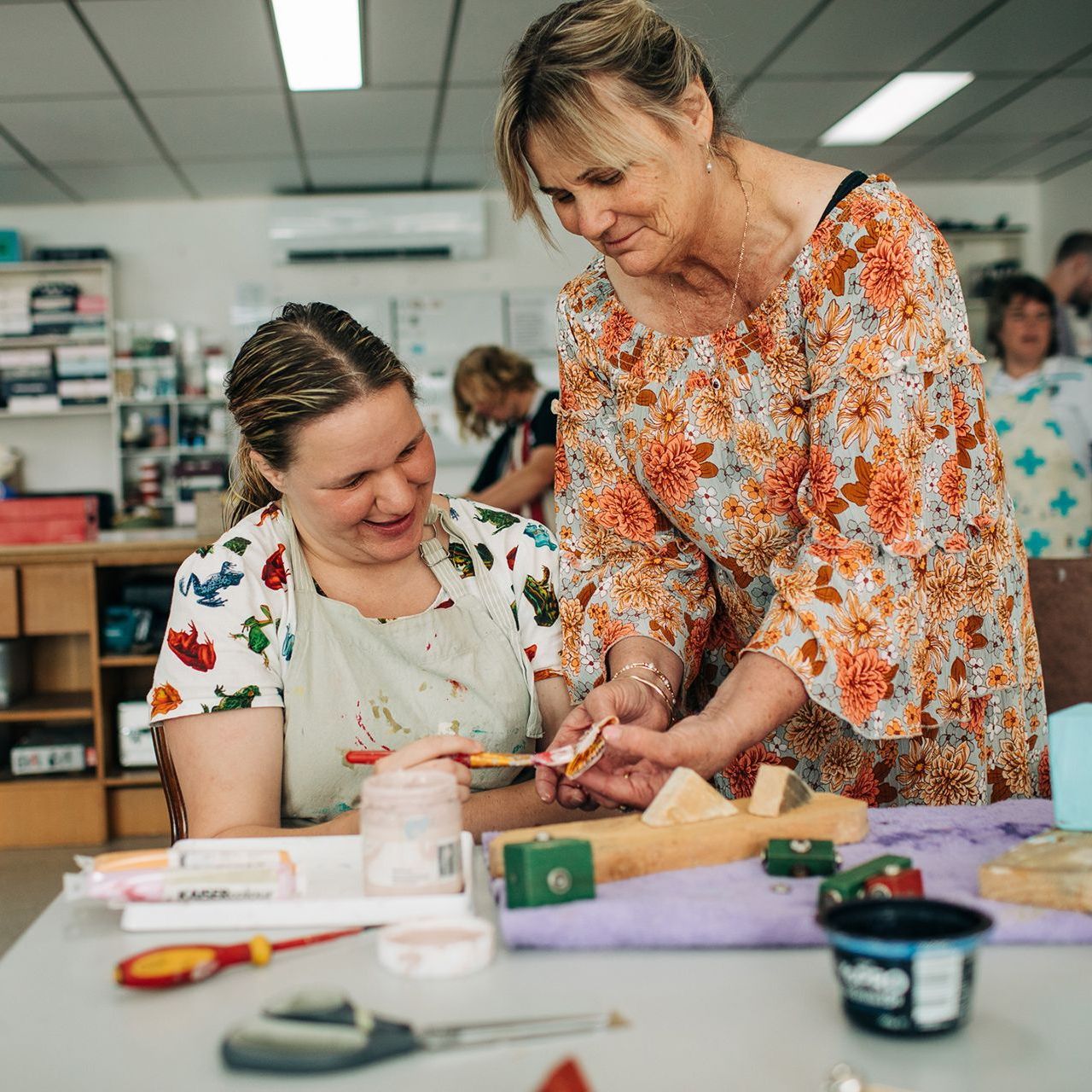
NDIS Plan Management and Support Coordination
At Empowrd, we are here to make your life easier. Based in Port Lincoln on the Eyre Peninsula, we offer a personal, accessible and holistic approach to NDIS Plan Management and Support Coordination.
We provide Plan Management services across Australia, assisting with financial administration, and offer Support Coordination to participants in Port Lincoln and Eyre Peninsula, connecting them with the right supports and providers. Our goal is to ensure your NDIS plan works for you, so you can focus on achieving your goals and doing what you love.
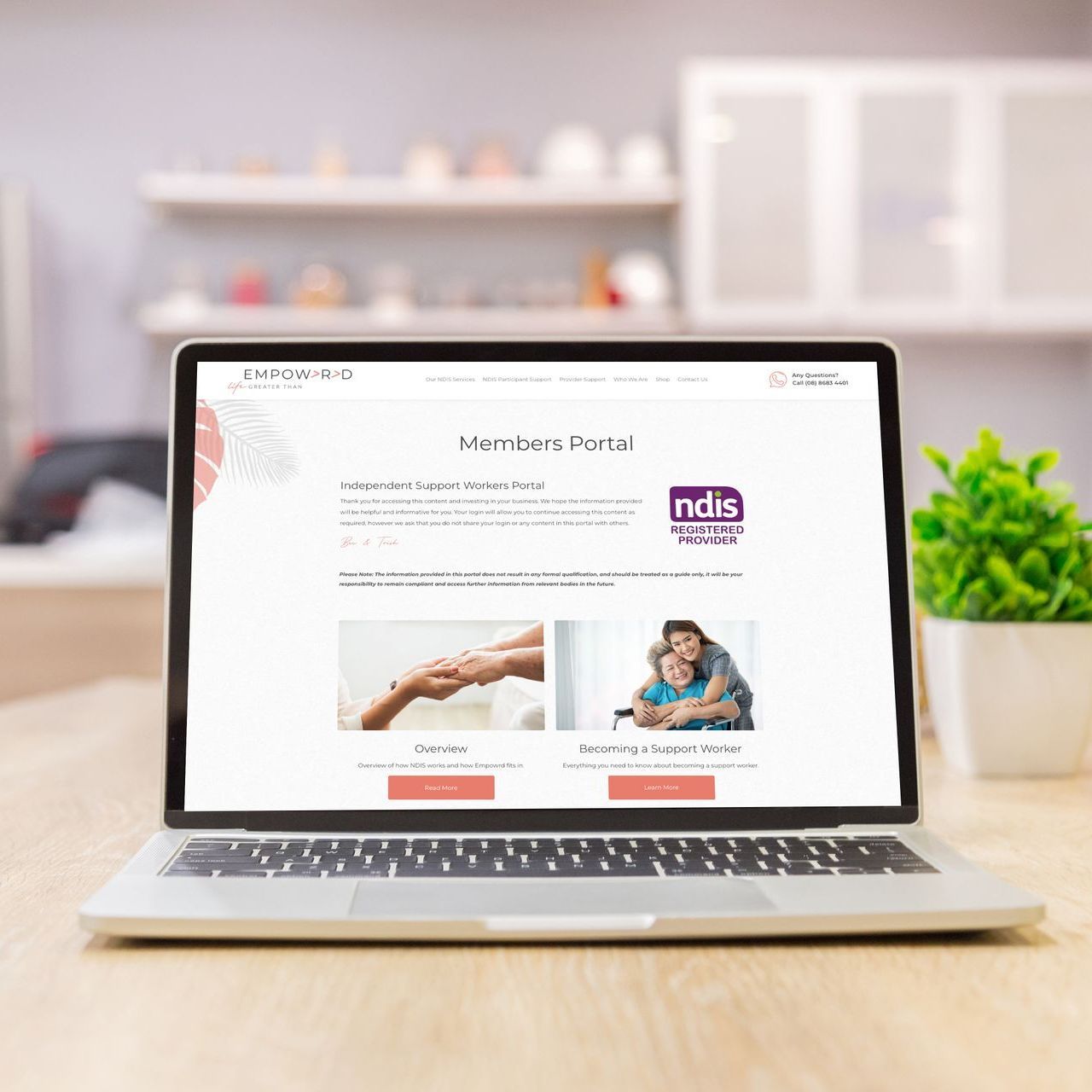
Want to Become a Support Worker?
Our Independent Support Workers Education Portal provides everything you need to navigate the NDIS, find work, and confidently offer services as an Independent Support Worker. For just $65, you will gain access to comprehensive guides, essential resources, and ready-to-use templates to streamline your work.
Inside, you will find:
- A clear breakdown of how the NDIS works
- Tips for finding jobs and delivering services
- Step-by-step guidance on invoicing and support planning
- Ready-to-edit templates for quotes, service agreements, invoices, and case notes
Need just the templates? You can also purchase them separately as standalone resources.
I hope you enjoy reading this blog post.
If you are ready to be Empowrd to live your life to the fullest, let us steer you on the right path.
Be EMPOWRD to Live Your Best Life
If you’re ready to be empowered to live life on your terms, we’re here to help guide the way. At Empowrd, we offer a personal, accessible, and holistic approach to NDIS Plan Management and Support Coordination. We’ll ensure your plan works for you, allowing you to focus on your goals and the things you love most.


